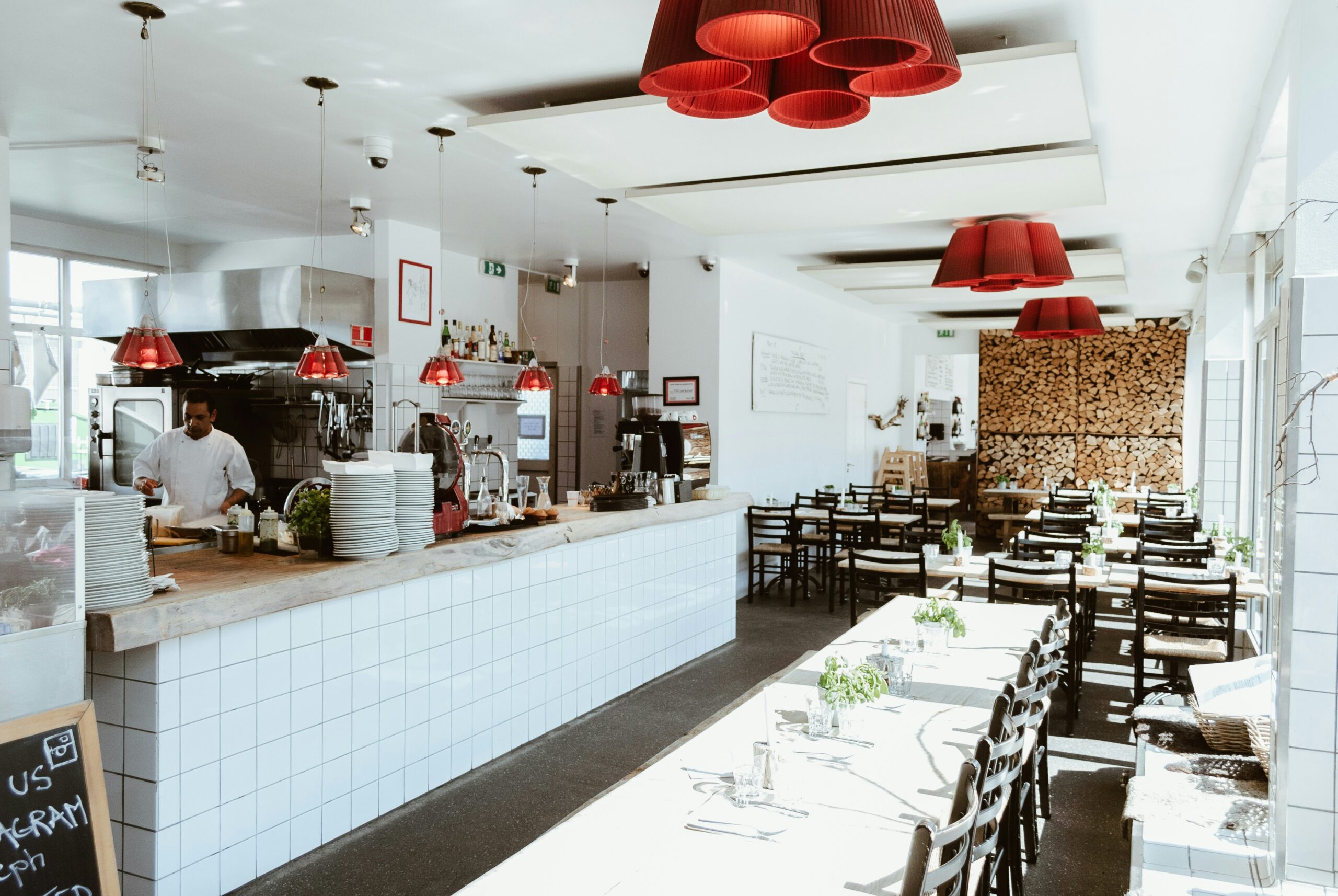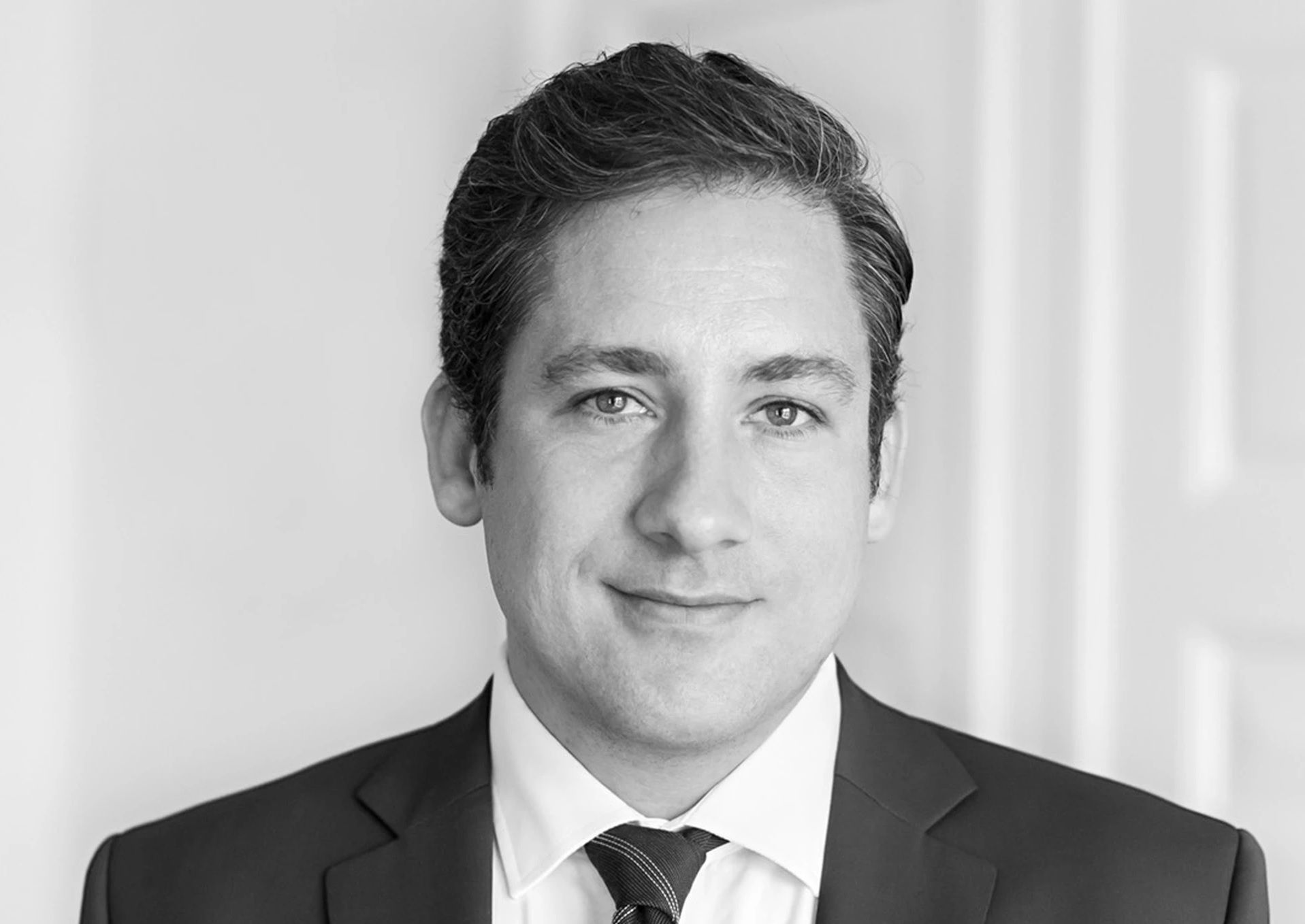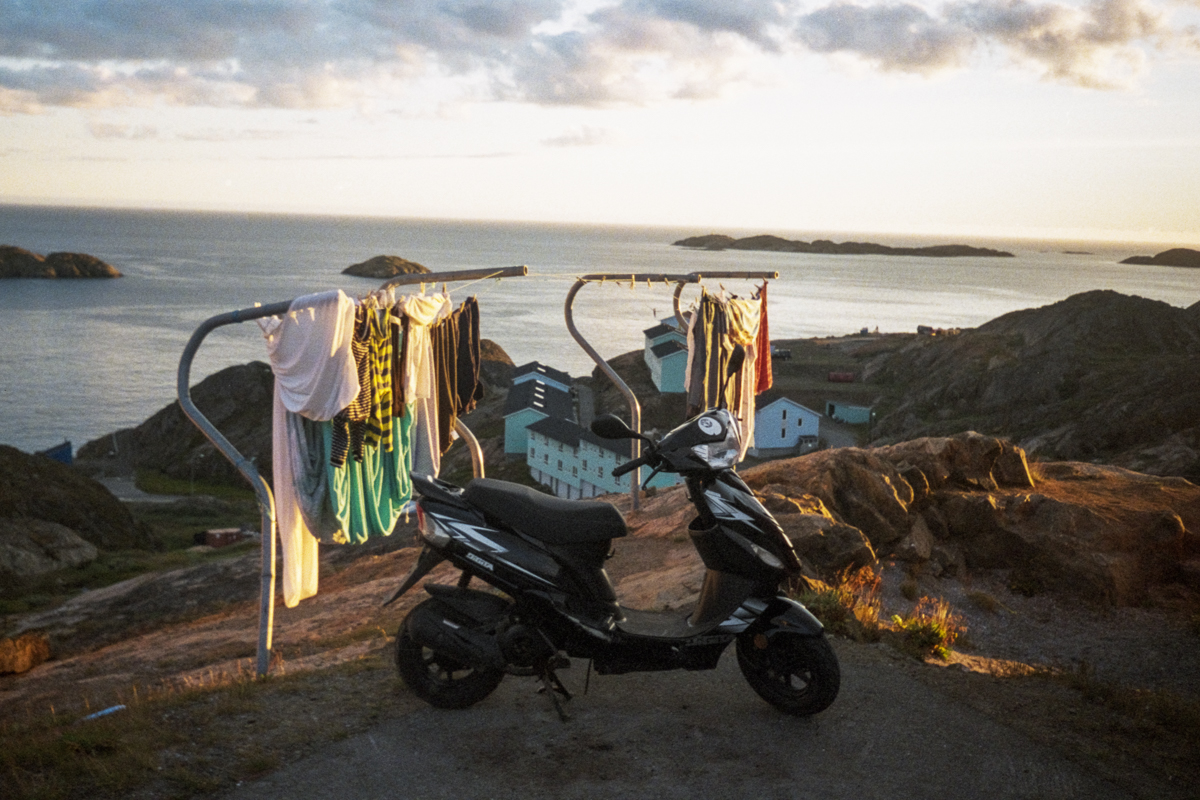Romances between expats and Danes and the children born out of the musician/bartender/pub scene are so common they are clichés. The government certainly doesn’t need to start a pilot programme to attract more foreign bartenders or guitar-slinging troubadours to Danish shores. Expat families based on the Guinness pipeline abound across the country.
Whether they meet over an Irish coffee on a cold Copenhagen night, or during a steamy holiday in Spain, they have a fling and become infatuated, each perhaps entranced by the other’s uniqueness compared to the same-old-same-old back at home. Despite the dire warnings of those who have braved the same path before them, the happy couple set up home, get married and have kids.
A totally unscientific chat with three international couples battling cultural differences – and occasionally each other – as they struggle to guide their offspring through childhood in Denmark revealed both the differences and the mutual respect the couples lean on to help them through.
Jerome Lacarriere is the full-blooded Irish owner of a pub in Aalborg. He and his Danish wife Gitte have two children. She is a designer and artist, so both parents juggle intensely time-consuming careers while raising their nine-year-old daughter Molly and six-year-old son Luca.
The Lacarrieres strive to create a sense of balance between the two cultures.
“We were brought up in different countries with different mentalities,” Gitte said. “Even though most of our norms are probably Danish, we try to mix both.”
While many blended couples say that Danish society is the more permissive, Jerome feels that Gitte actually lays down “a few more rules than myself”.
Both agree that exposing their children to different cultures is a plus when it comes to language and education, though Gitte said that the integration process is sometimes a challenge.
And then there is the whole sex and drinking thing. The elephant on the Tivoli table. For better or for worse, sex and alcohol are subjects that parents are forced to confront much sooner in Denmark than in, say, Denver.
Programmes full of drunk, bare-bottomed and breasted, enthusiastically rutting, teenagers are a regular part of Danish TV, and they are not restricted to a late hour after the kiddies have been trundled off to bed. No, they are on right there at dinner time. The non-Danish parent is often a bit perturbed at sharing a Thai takeaway with little Lars and Anna while watching bare boobs bounce across the flat screen.
As a pub owner, Jerome is neither a teetotaller nor a prude, but he does feel that children in Denmark often get the wrong message.
“It’s the environment and culture that surrounds them with superficial reality shows like ‘Paradise Hotel’ telling them that it’s okay to drink, smoke and cover your body with so-called cool tattoos,” he said.
Jerome said that Molly was occasionally miffed with him because she wasn’t allowed to watch programmes that her other friends could watch, but both parents were in complete agreement on who was the final decision-maker in the Lacarriere household: “The Dane”.
 Where to settle down?
Where to settle down?
More often than not, the English-speaking man or woman decides to chuck it all and come to Denmark to start their own fairytale life in HC Andersenland. The first and easiest job that many expats can get in Denmark is to sling drinks – or, if they can manage a passable version of ‘Whiskey in the Jar’, to perform – in one of the country’s ubiquitous Irish/English/Scottish/American pubs.
Shaun Patterson works as a bar manager in Aalborg. He and his Danish wife Tine, a nurse, were recently married. Their situation is a bit different, because Shaun, who is Scottish, has two children from an earlier marriage to another Danish woman.
Tine said that most of the big decisions concerning Emily (15) and Alisdair (13) are discussed between Shaun and his ex-wife. Tine concerns herself with the day-to-day when the children are at home with her and Shaun, and she helps Shaun with guiding Emily through the Danish teen drinking culture.
“It is just as much typical father/daughter things as it is cultural differences that we discuss,” said Tine. “Shaun raises his son differently than he does his daughter. He also doesn’t care much for the Danish drinking culture, but I am a bit more relaxed. I survived it.”
Shaun said that he is definitely more conservative than both his ex-wife and his current one, so he expects that there may be some battles as the kids get older. He said that he wasn’t as concerned about cultural differences so much as everyone agreeing on what he called “the basics of parenting”.
“I asked Emily if she felt a difference because she had parents from different countries, and she said she didn’t,” said Tine. “Some of her rules might be a bit stricter, but not unfair.”
From Bangs to rites
Kevin Freeman is musician from Texas. He met his now ex-wife Lisa, a travel consultant from Glostrup, when she was an exchange student in the tiny Texan town of Bangs nearly a quarter of a century ago. They fell in love, married and had two sons, Daniel (13) and Douglas (10). They have tried life in both Texas and Denmark during their marriage, ultimately settling here. Recently divorced, they remain close and share custody of their sons.
Both say that having their children always being away from one half of their extended family is the toughest part of an international relationship.
“There is always someone who they miss,” said Lisa. “They always have a sense of being split between the two places.”
The decision about where to live “remains hard, even after 23 years”, said Kevin.
Although he firmly believes his sons have benefited from growing up in two cultures, he knows that there are challenges ahead.
“We are just beginning to enter the teenage years, so we will have to continue to work on finding a middle ground between the more permissive views in Denmark and the more conservative ones in the US,” he said.
Striking a balance
Many is the expat who has bristled upon the first time a kindergartener had addressed them by their first name or when a six-year-old has dropped the F-bomb at Christmas dinner with Granny over visiting from Dublin or Houston.
Lisa said that they take each issue as it comes and work to strike a balance between the two cultures.
“It would be easier to just always go with the Danish ‘flow’, but some things that are common in Denmark – like the F-word for example – are no-gos for us,” said Lisa. “The kids know that it is still considered a very inappropriate word in the US, so we do not use it in our home.”
Both Kevin and Lisa say that they would be raising their sons in exactly the same way, regardless of which flag they were living under.
“Our parental decision-making has always been a balance between the two of us, and it remains that way even though we are divorced,” said Kevin.
Every parent knows that even raising kids with a partner who grew up next door is already a challenge. After a few years, both sides of a mixed couple often begin to realise that their differences, which were at first so endearing and enchanting, can turn into stumbling blocks the size of Stonehenge when it comes to blending cultures, and yet somewhere in a pub tonight, another young man from York or Brisbane is twisting his tongue and trying to say, “Jeg elsker dig” without sounding like a fool.
This is part two of a seri es. The next instalment will explore the phenomenon of ‘third-culture kids’, children who are brought up in Denmark without a connection to their parents’ home countries. The first instalment was concerned with children of mixed marriages and how they experienced growing up with two different cultures.
es. The next instalment will explore the phenomenon of ‘third-culture kids’, children who are brought up in Denmark without a connection to their parents’ home countries. The first instalment was concerned with children of mixed marriages and how they experienced growing up with two different cultures.















